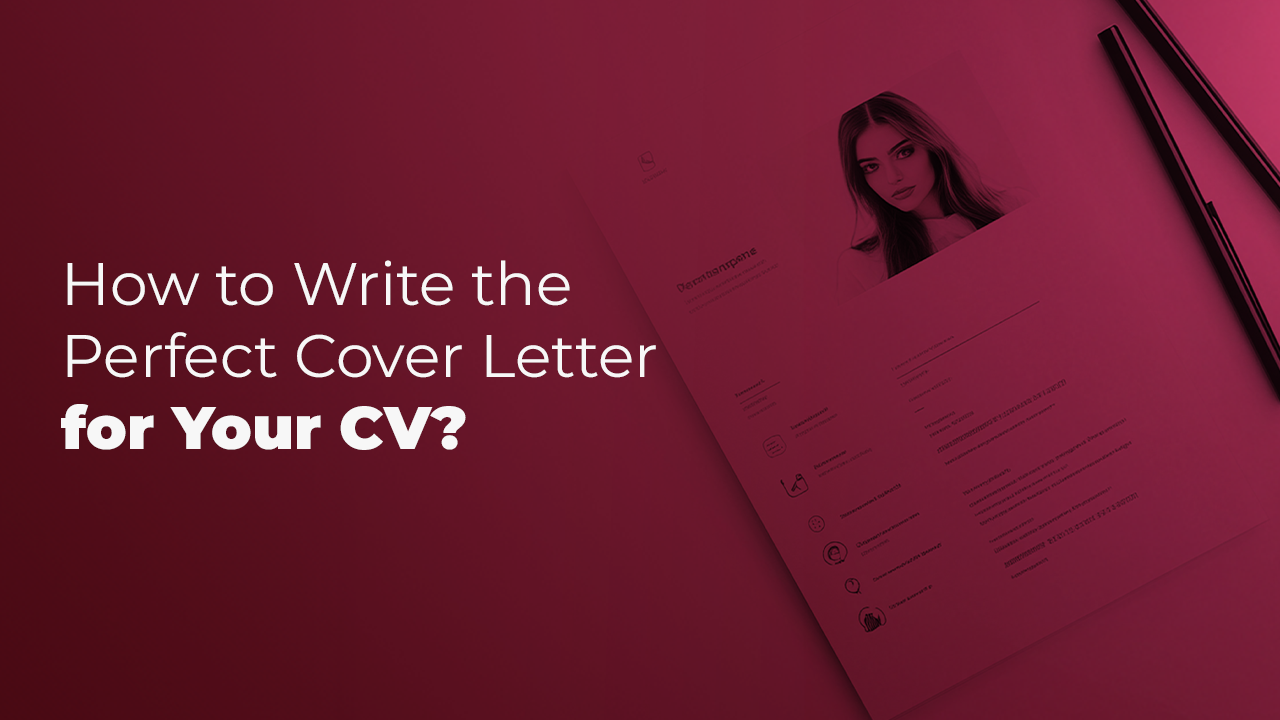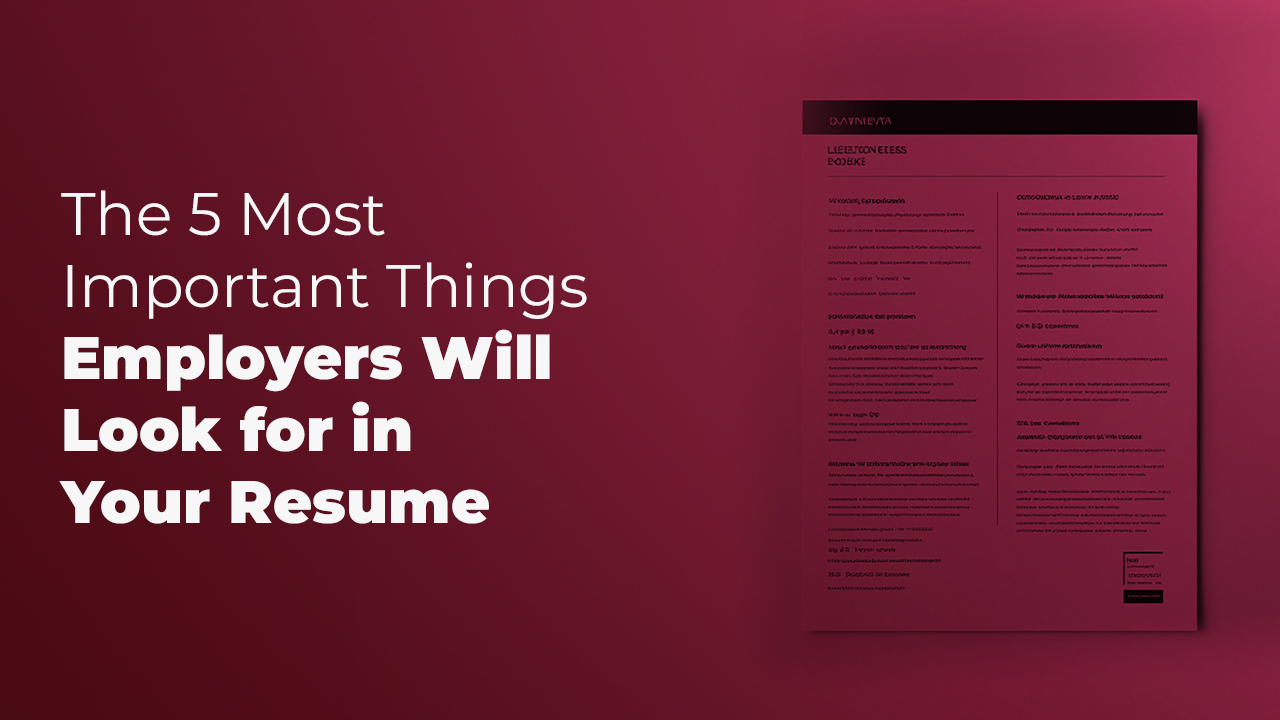How to Write the Perfect Cover Letter for Your CV?
Preparing a CV and looking for a job is often a tiring process. You always need to make yourself stand out so that employers notice you. One of the best ways to do this is by including a cover letter on your CV. While your CV contains objective information that anyone looking at your LinkedIn profile can find, your cover letter is a space to highlight what makes you special and unique.
What Does a Cover Letter Do?
A cover letter gives you the opportunity to describe in detail your competencies and experiences related to the position you are applying for. It is a good option to show your interest in the position you are applying for, your expectations of the company and your past experience. A cover letter is therefore a good opportunity to introduce yourself to a company and show them why you are exactly the candidate they are looking for.
What Should a Cover Letter Include?
To get off to a good start, it should be clear that you are writing your cover letter specifically for the position you are applying for. For this, explain why you want to work in that organization/position. In addition, show with examples that your competencies and experience match the requirements of the position you are applying for. For example, if you have applied for a position that requires managerial skills, mention a project where you led a team or a social responsibility project where you were a pioneer. However, do not repeat information from your CV. Your cover letter is useful for your CV, but it should not be a copy of it.
Tell Your Story
It is a good option to tell your story so that potential employers understand why they should hire you. A cover letter can be a great opportunity to talk about something that makes you unique and that you didn’t include in your CV. Or you can turn what could be perceived as negative into an opportunity. For example, if you have a career gap or a negative experience in your professional life, put it in a meaningful context and explain how you got better.
Read the Job Description Well
Be clear about the position you are applying for. Talk about why you want the job and how you match the candidate they are looking for. If there are specific tasks listed in the job description, give examples of how you are compatible with those tasks. This is the best way to tell employers “I can handle this job!”. Also, using keywords in the job description shows employers that you have a good command of the subject. However, do not hesitate to explain what sets you apart from other candidates. Especially if it is relevant to the position or the company, for example a language you are fluent in or a program you are proficient in.
Do Not Be Unfair to Yourself
In your cover letter, explain how your competencies and experience match the requirements of the position and prove how you are a good fit for the job. Show the employer that there is no reason why they shouldn’t hire someone like you, especially if the job advertisement doesn’t provide many details about the position. Don’t overdo it, but don’t be too modest either. The other side will like to see someone who is confident, knows what they want and has high energy.
Try not to make it too long
Be concise! Don’t write long letters and try not to bore the person reading your CV with more detail than is necessary. To keep employers interested, it is important to express yourself in a concise and effective way, without getting bogged down in too much detail. Your aim should be to arouse curiosity. If they haven’t finished reading after the first page, unfortunately their interest will wane. Therefore, it is important to work diligently to make them say “I want to read more”.
The cover letter is one of the most important parts of your job application, so writing it carefully will give you an advantage. We hope these tips will be useful to you and help you write the perfect cover letter.
Be confident and make a difference with your application!

